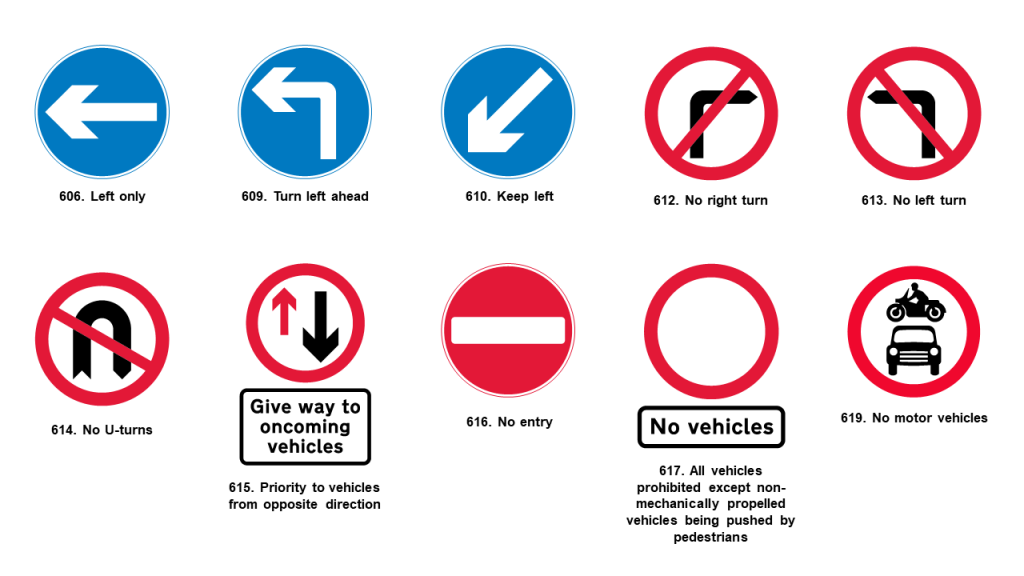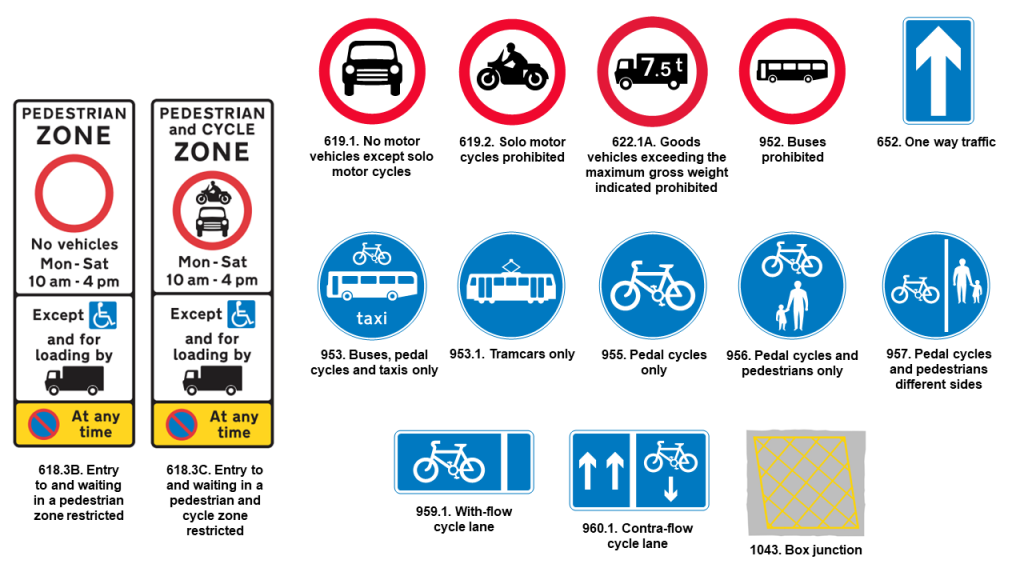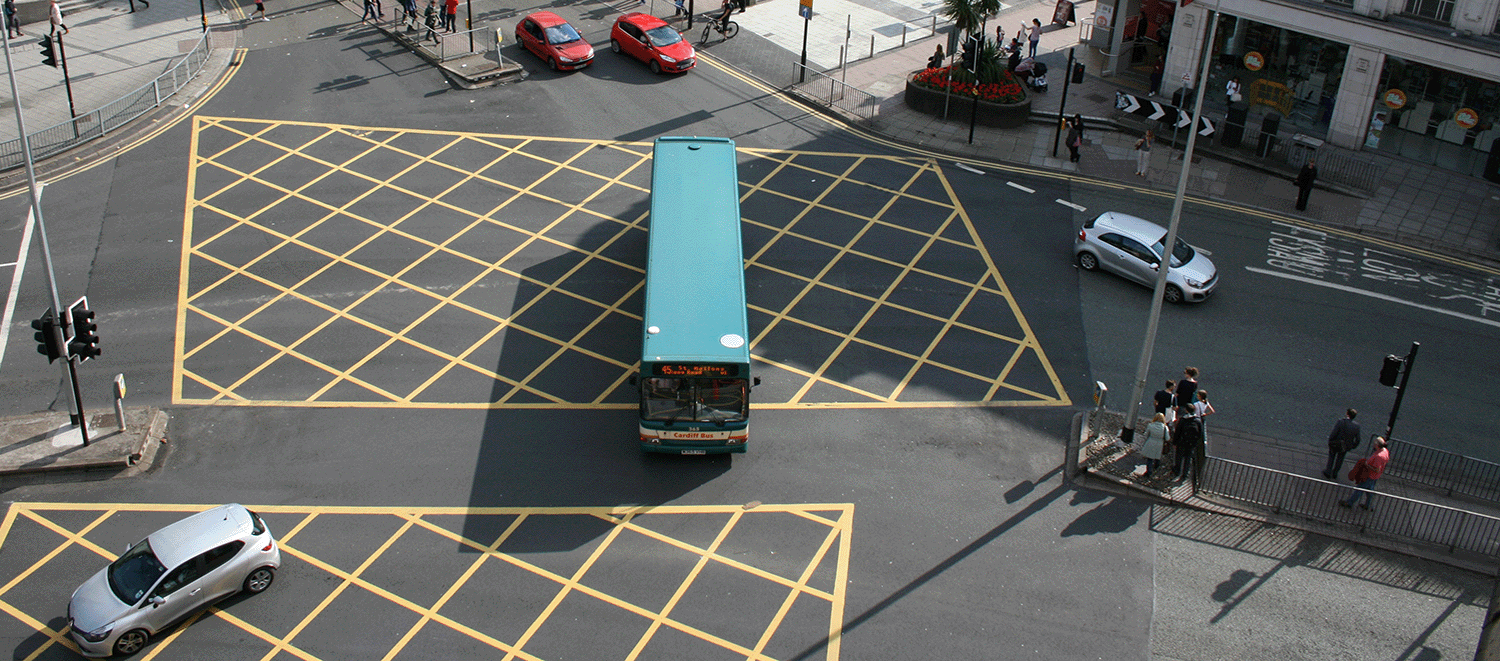A number of English local authorities are starting to enforce moving traffic restrictions outside London for the first time, having been granted powers to do so by the Government, which came into force last month.
12 local authorities – part of an initial group of councils granted the powers – can now enforce restrictions such as yellow box junctions, prohibited turns and U-turns in their towns and cities, using traffic enforcement cameras.
Moving traffic restrictions are primarily designed to improve road safety, reduce congestion and improve public transport reliability, while also improving air quality.
Which authorities have been granted powers to enforce?
The councils in this first group of authorities granted moving traffic powers by the Department for Transport are:
– Bath and North East Somerset Council
– Bedford Borough Council
– Buckinghamshire Council
– Derby City Council
– Durham County Council
– Hampshire County Council
– Kent County Council
– Luton Borough Council
– Norfolk County Council
– Oxfordshire County Council
– Reading Borough Council
– Surrey County Council.
The powers came into force on Friday 15 July 2022. Some councils have already started enforcement, including Derby, Durham and Reading, but not all authorities propose to enforce restrictions straight away. Authorities may elect to enforce in designated streets and areas only, rather than across a whole borough.
Where can I find out if a local authority is enforcing moving traffic restrictions?
Any enquiries relating to enforcement should be directed to the council in question, not the Tribunal.
How will local authorities enforce restrictions – what about penalty charges?
Moving traffic restrictions are indicated by traffic signs and road markings (see examples below), with any alleged contravention(s) recorded using CCTV cameras (should the local authority be enforcing the restrictions).


A local authority that is enforcing the restrictions may issue a Penalty Charge Notice (PCN) of up to £70 for a vehicle’s alleged contravention of the sign or road marking.
Motorists who wish to challenge the PCN have the right to make representations to the issuing authority. If those representations are unsuccessful, and the matter remains contested, an appeal can be submitted to the Traffic Penalty Tribunal.
The Chief Adjudicator, Miss Caroline Hamilton, advises as follows:
‘The Traffic Penalty Tribunal provides an accessible and user-friendly online appeal system that allows motorists to pursue an appeal against a PCN from start to finish using a computer, tablet or smartphone – from lodging the appeal, submitting evidence, viewing and commenting on the authority’s evidence, to taking part in a hearing (if requested) before the independent, impartial, expert adjudicator.
‘The independent adjudicator will determine the appeal by assessing the evidence, making findings of fact and applying the law. Full written reasons for the decision reached are then provided to both parties to the appeal.’










